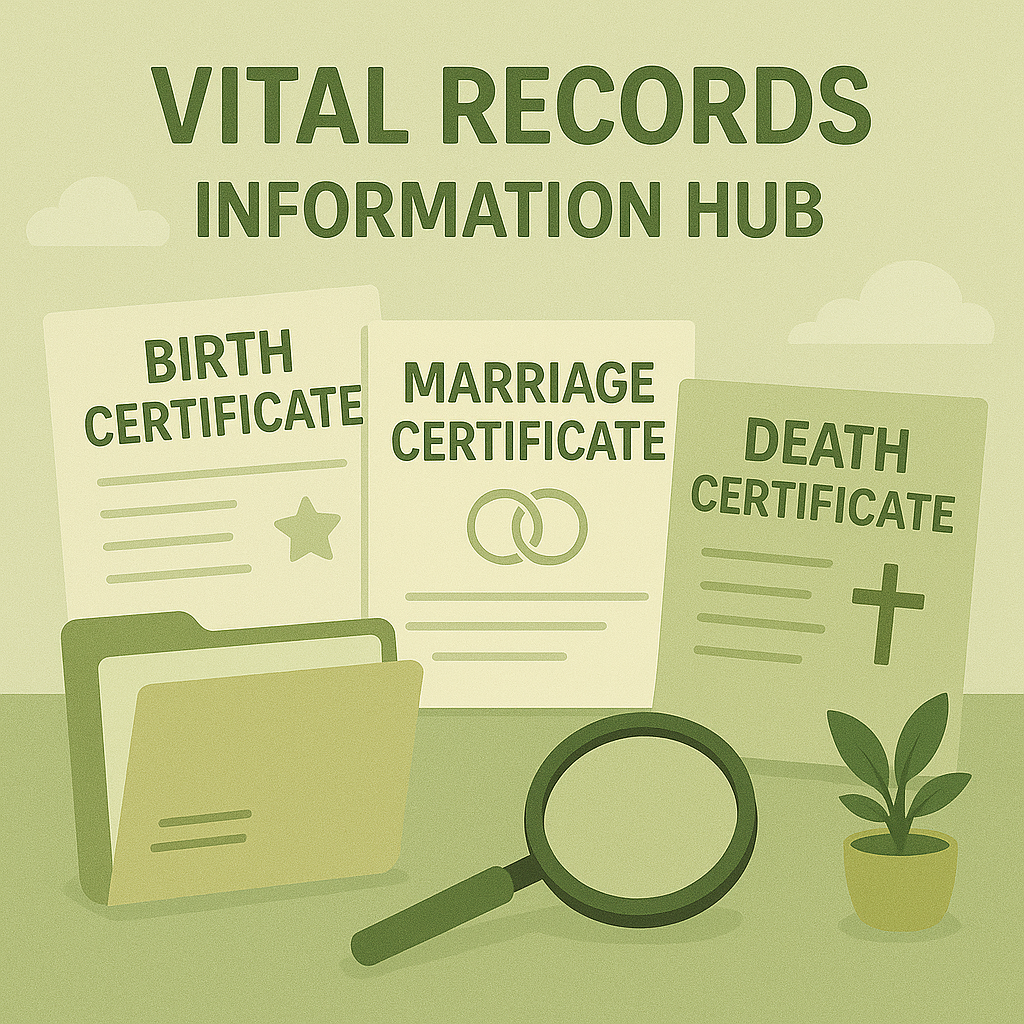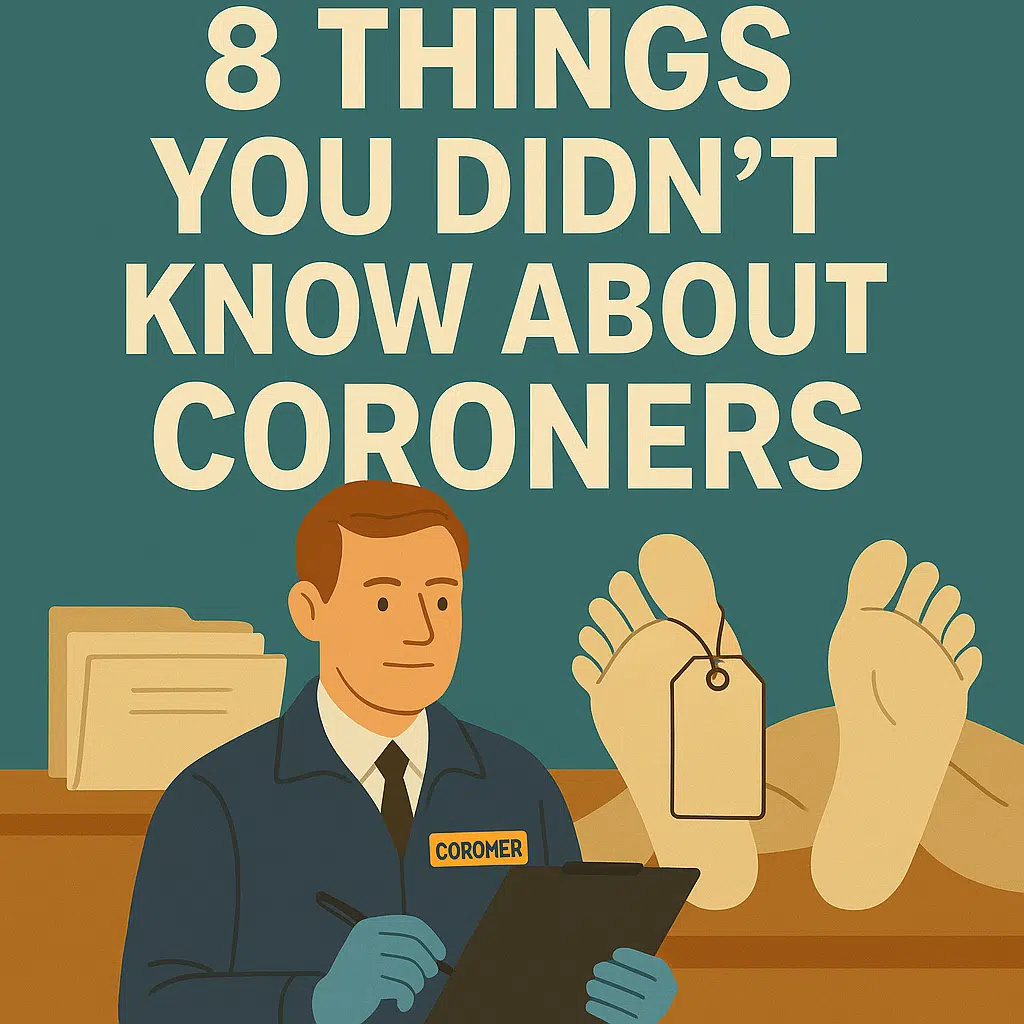Official Government Documents
The Vital Records Hub
Vital records are essential for navigating major life events and transitions. This hub provides guidance and resources to help you access, manage, and safeguard important documents like birth certificates, marriage licenses, and death certificates, ensuring they’re available when needed most.

Key Things To Know
Vital records are official government documents that record life events such as birth, marriage, divorce, and death. Keeping them organized and accessible is essential for estate planning, benefits access, and legal matters after someone passes away.
- Vital records are required for many legal and financial processes: You may need certified copies to claim life insurance, access Social Security benefits, transfer property, or complete probate.
- Common vital records include birth certificates, marriage certificates, divorce decrees, and death certificates: Other important documents may include adoption records, name change orders, and naturalization papers.
- Originals or certified copies are often required: Many agencies will not accept photocopies. Make sure you have official versions, especially for key documents like a death certificate or birth certificate.
- Each state issues and maintains its own records: To obtain or replace a document, you’ll typically need to contact the vital records office in the state where the event occurred.
- There may be fees and processing times involved: Most states charge a fee and may take days or weeks to issue a certified copy, especially if requested by mail.
- Some records may have access restrictions: Depending on the state and type of record, access may be limited to certain family members or legal representatives.
- It’s important to store vital records in a safe but accessible place: Use a fireproof box or a secure digital backup system. Let a trusted family member or executor know where to find them.
- Vital records should be included in your estate planning documentation: Keeping them with your will, advance directives, and insurance information helps streamline next steps for loved ones.
- You may need multiple copies of certain documents: For example, it’s common to need 5–10 certified death certificates to handle a person’s estate and financial matters.
- Review your records periodically to ensure nothing is missing: Replacing lost or damaged documents now can save time and stress later, especially during emergencies or after a death.
How To Order Vital Records In Each State
Navigating the process of ordering vital records can feel overwhelming, but we’re here to simplify it. Whether you need a birth certificate, marriage license, death certificate, or another vital record, understanding the specific requirements for your state is crucial. Each state has its own procedures, costs, and eligibility criteria, and this section provides a comprehensive guide to help you find exactly what you need, wherever you are.
Vital Records Related Content
Frequently Asked Questions About Vital Records
Disclaimer: The information provided on this website and by Buried in Work is for general informational purposes only and should not be considered legal advice. Please consult with a qualified attorney or subject matter expert for advice specific to your situation.




